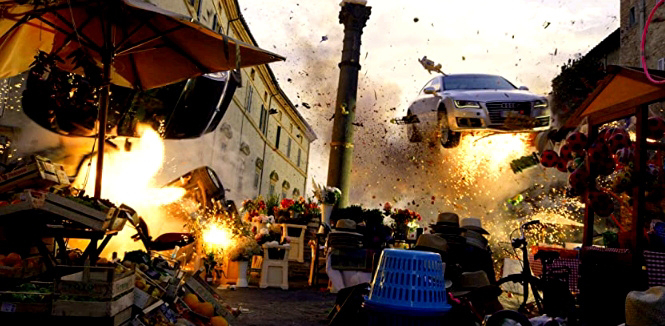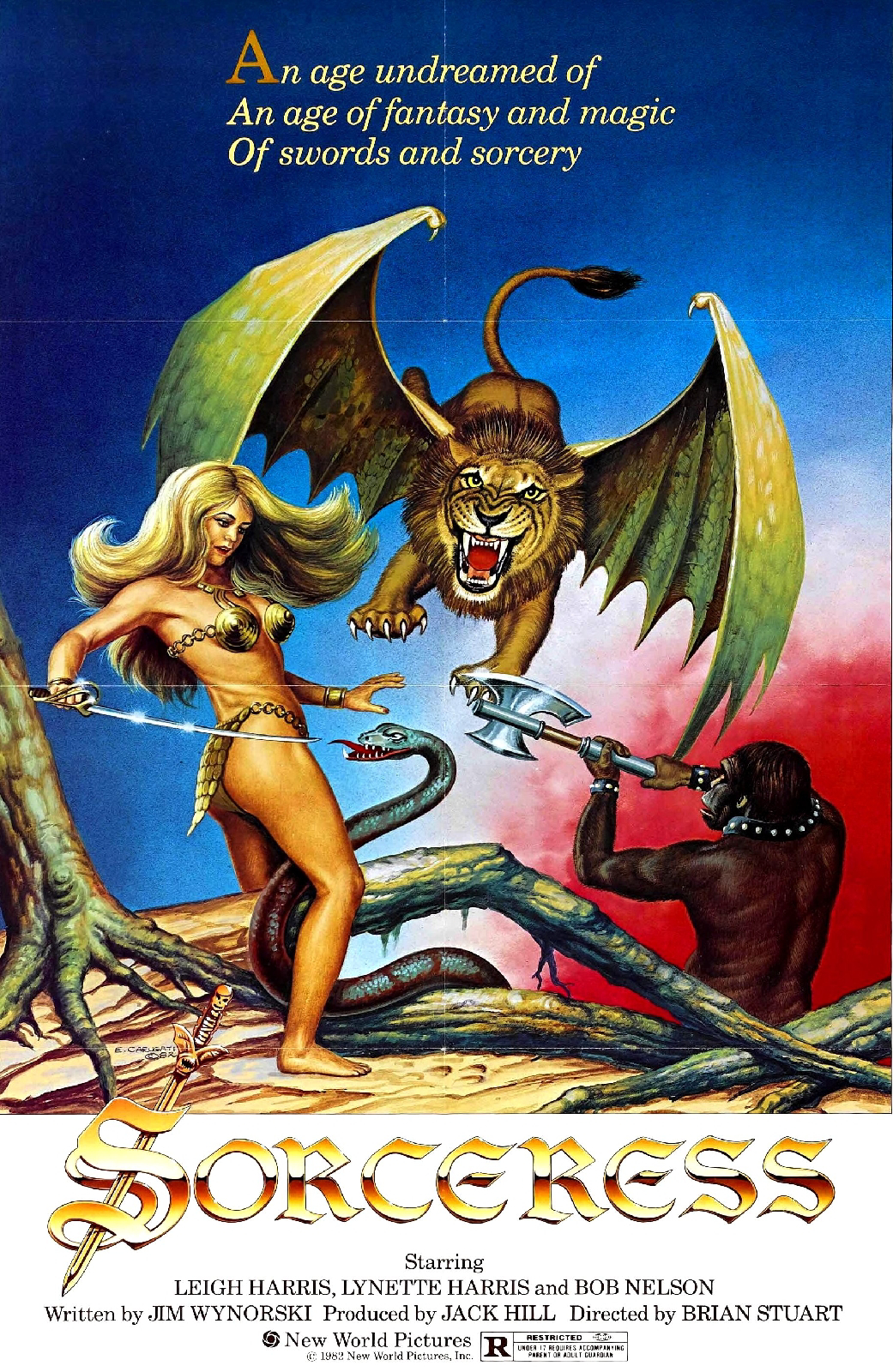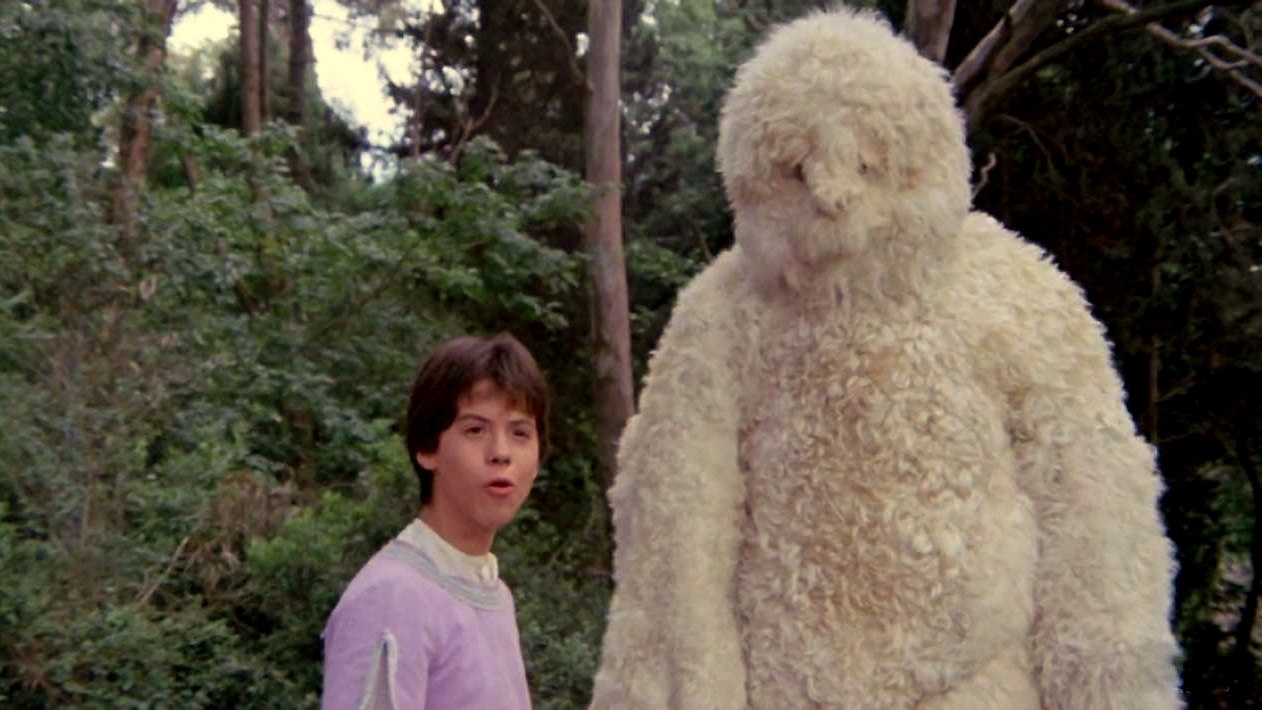Patricia Roc, a leading lady of British films in the forties and fifties, would have found little joy in working with vegetables and flowers. She was the most dedicated of the Rank contract actresses at the time, thoughtful, intelligent and with strong views on her film career. She continuously wanted to try different types of role, though she admitted later that her face was the wrong shape to allow her to play the femme fatale. In 1941, Picturegoer, the most widely read film magazine in Britain at the time, announced: ‘In one film a studio representative admits that Pat Roc was so good in a scene that it had to be cut because she took sympathy from the heroine and gained it all herself’.
It was also said: ‘Pat Roc as a private individual is unlike in many ways the girl we know on the screen. Surprisingly sophisticated, she has a quality of glamour which is uncommon in our stars’. It would also appear that she was genuine and sincere, often outspoken on hating pretence and posing, which probably accounted for her enormous female fan mail and her popularity with the film crews.
In 1945, she was delighted to leave for the US to make Canyon Passage, being the first British star to go to Hollywood under the Rank scheme for ‘lease‑lend’ between American and British studios. It was directed by Jacques Tourneur for Universal, and in later years has become a much respected film of the pioneering days in the West. She was co‑star with Dana Andrews, supported by a strong cast that included Brian Donlevy, Hoagy Carmichael and Susan Hayward. At the time it had no box‑office success either in the U.S. or England, and nor did a second American film, The Man On The Eiffel Tower (1950). Patricia Roc’s British career continued successfully until 1953, at which time she settled in Parts and gave birth to a son whose father was a leading French cameraman, Andre Thomas. Her son was actually born two months after she’d left her husband, and by 1954 she was in Rome and filming. By the time she returned to England she had made at least eight films in France and Italy, but her career, apart from two poorly received films, The Hypnotist (1957) and Bluebeard's Ten Honeymoons (1960), had come to an end.
Patricia Roc really was one of England’s smartest film talents as well as on one of the most popular faces in 1940s films. She was born in 1918 in London, her father a Dutchman born in Belgium, and her mother half-Spanish, half-French. She was educated in London and Paris, and adored French films – ‘what French film is not worthwhile?' she once remarked. In a five‑year period (1943‑47), she made twelve major films, including Millions Like Us (1943), Love Story (1944.), Madonna Of The Seven Moons (1944), The Wicked Lady (1945) and in 1947 she was making three films at the same time Jassy, The Brothers (her favourite film) and So Well Remembered. The following year she made When The Bough Breaks (1948) playing the star part in a daring film of the time concerning bigamy.
The quality of Patricia Roc's performances stand the test of time, although she always maintained her British films had no great claims on her. Setting herself high standards, she was often in conflict with Rank over her contract. She cared about the films she made and questioned the insistence on an unquestioning willingness to appear in any picture on the production schedule. There was never open warfare or contract breaking, just constant tension and the threat of a ‘difficult star’ with a talent ahead of her time.



























































































